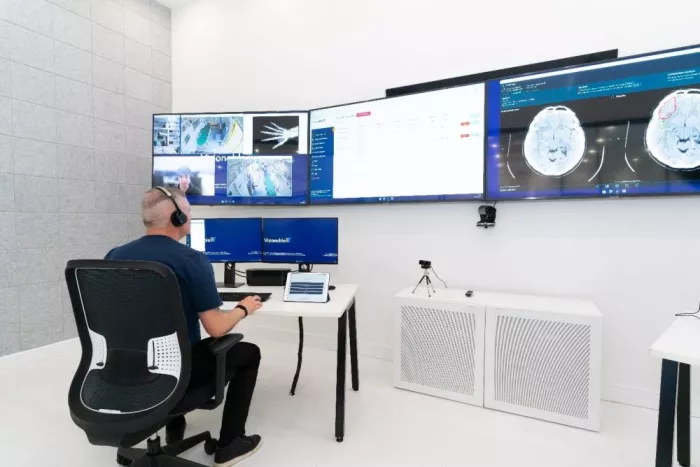Seoul, South Korea – In an effort to address the persistently high suicide rates, South Korea has introduced a comprehensive mental health plan, marking the first detailed state policy aimed at tackling the country’s mental health crisis. With South Korea holding the unfortunate distinction of having the highest suicide rate among OECD nations for nearly two decades, the plan includes regular mental health check-ups every two years for young Koreans aged 20 to 34 and counseling services tailored to all age groups.
Data from the Organisation for Economic Cooperation and Development (OECD) revealed that South Korea recorded a staggering suicide rate of 25.2 deaths per 100,000 people in 2022, more than double the OECD average of 10.6 deaths per 100,000 people. Over the past three years, almost 40,000 South Koreans have taken their own lives, with a concerning rise in suicide rates among the younger demographic.
To address these alarming trends, the government plans to implement mental health check-ups every two years, starting with those aged 20 to 34 and later expanding the initiative to cover all age groups. The updated target disease list will include depression, schizophrenia, and bipolar disorder. Currently, mental health check-ups are provided every ten years for individuals aged 20 to 70.
President Yoon Suk-yeol, who announced the initiative on December 5, emphasized the importance of mental health for the country’s future growth and pledged to establish a new presidential committee to oversee mental health policies, investments, and infrastructure. The plan includes enhancing follow-up management by collaborating with mental health welfare centers and hospitals’ psychiatric departments after the examinations.
In addition to regular check-ups, the plan aims to provide psychological counseling services to 80,000 people in 2024, expanding to one million people by 2027. The government will designate the phone number 109 as a new mental health crisis hotline and introduce online text message therapy for youth and young adults who may prefer non-verbal communication methods.
The initiative also focuses on preventive measures, including suicide prevention training for 16 million people starting in July 2024. The plan seeks to curb stigma against individuals with mental illness through a nationwide campaign, partnering with universities and mental health advocacy groups, and establishing media reporting guidelines on mental health to minimize discrimination and bias.
While the ministry did not provide a specific financial estimate, it emphasized a bold investment in public mental health to create a society where citizens can access mental health services easily and individuals struggling with mental health issues can receive proper treatment and reintegrate into society.
































